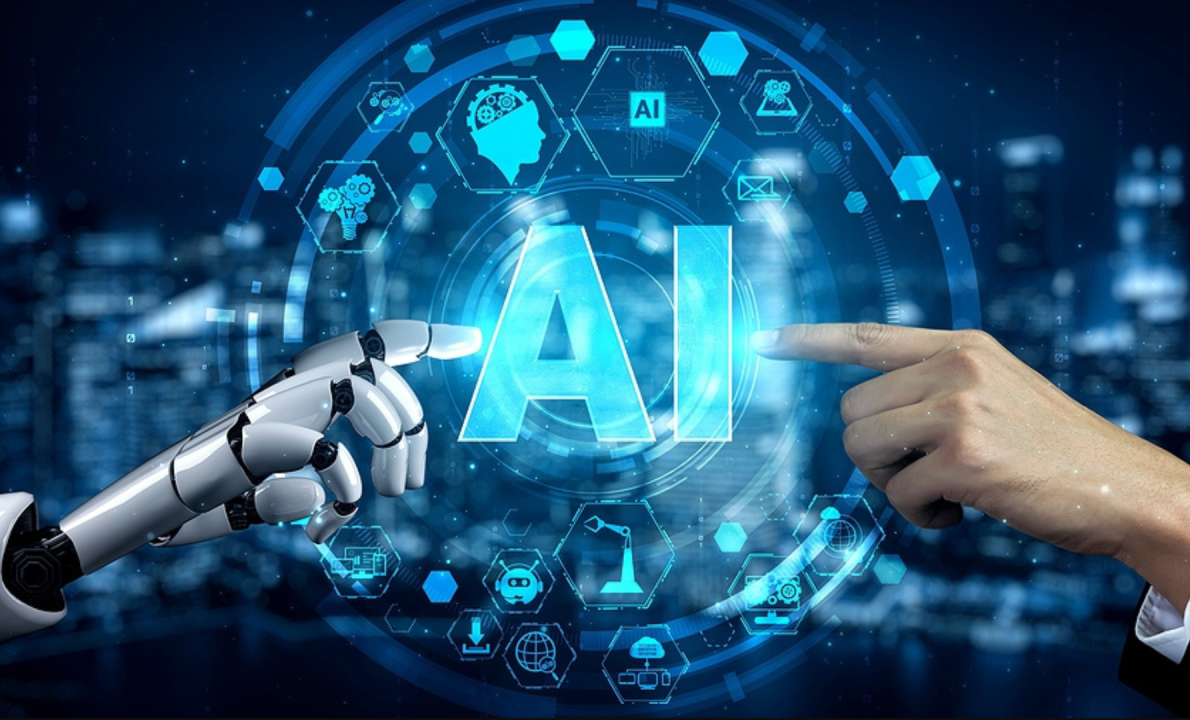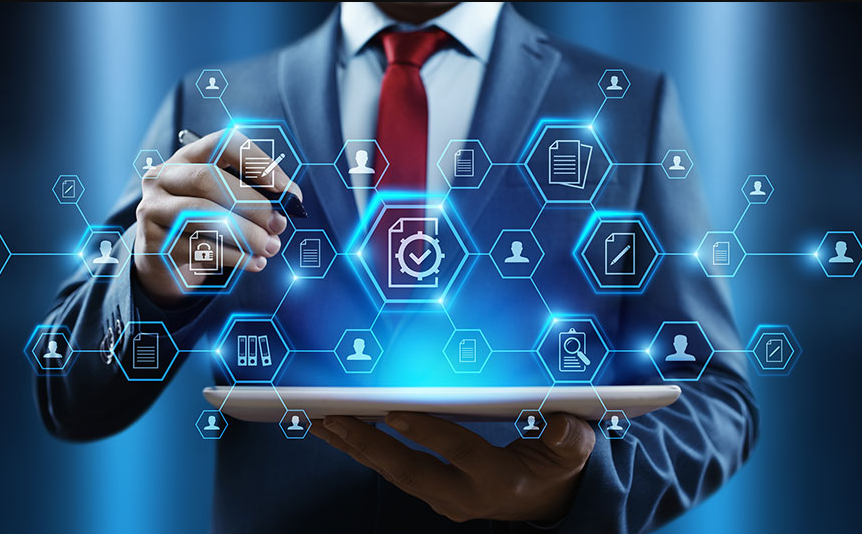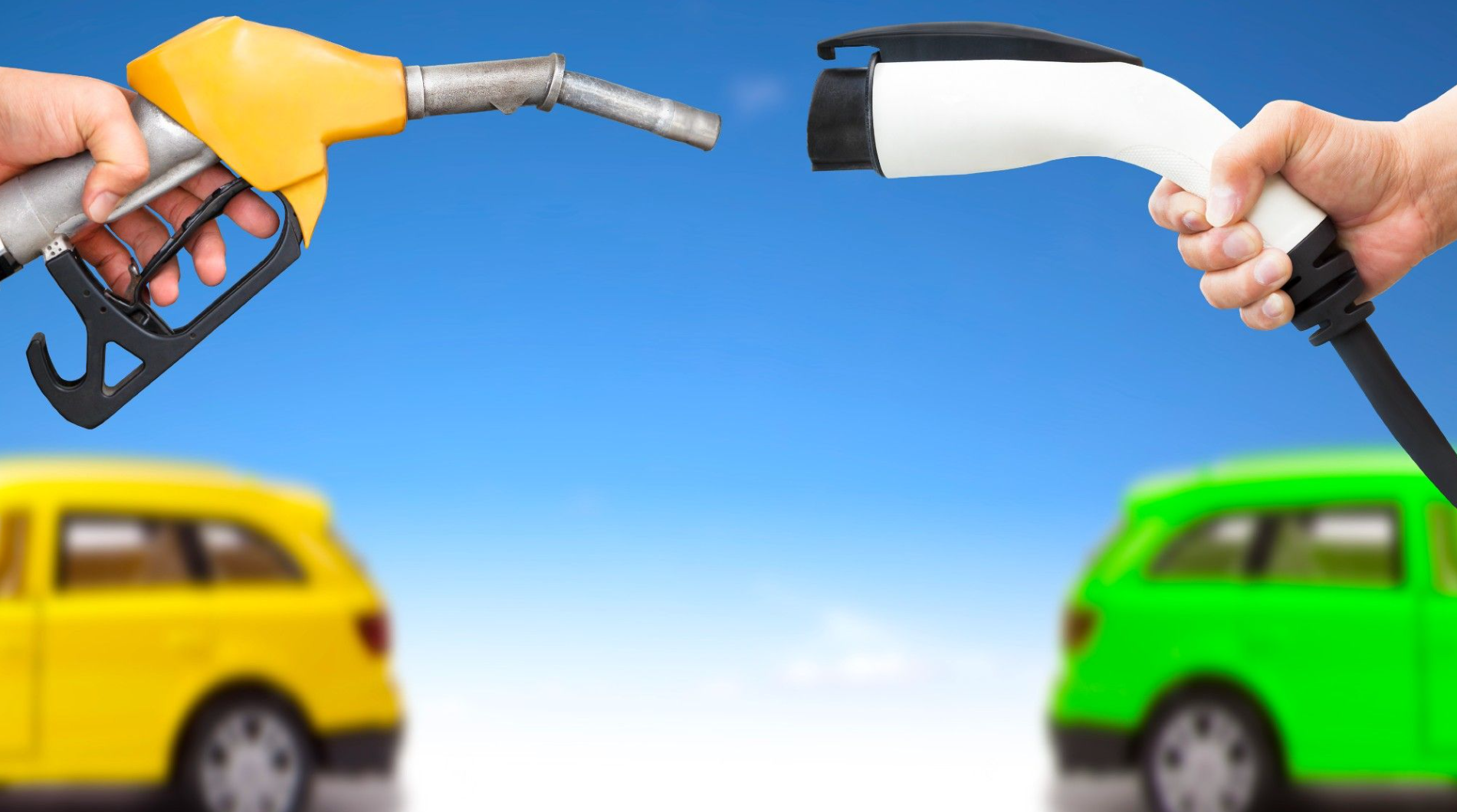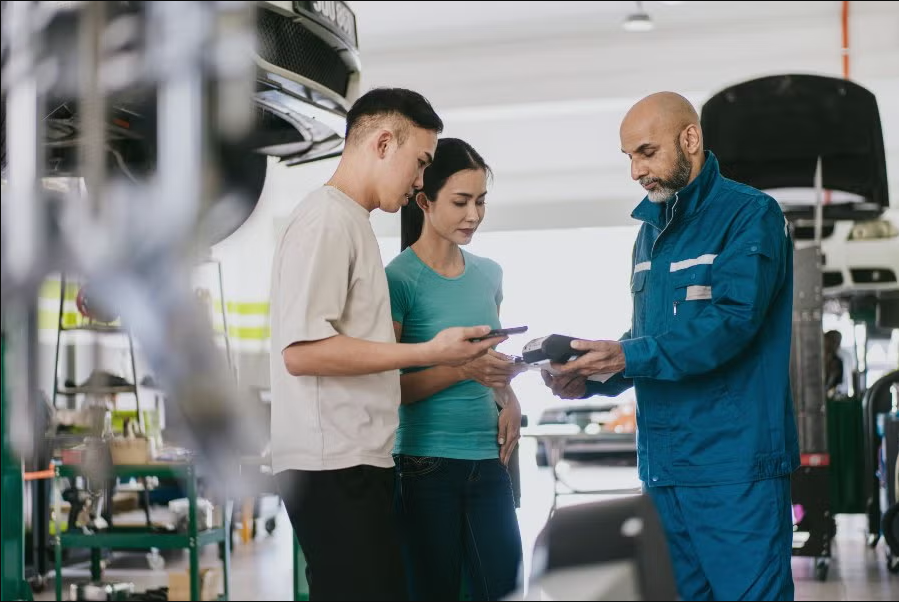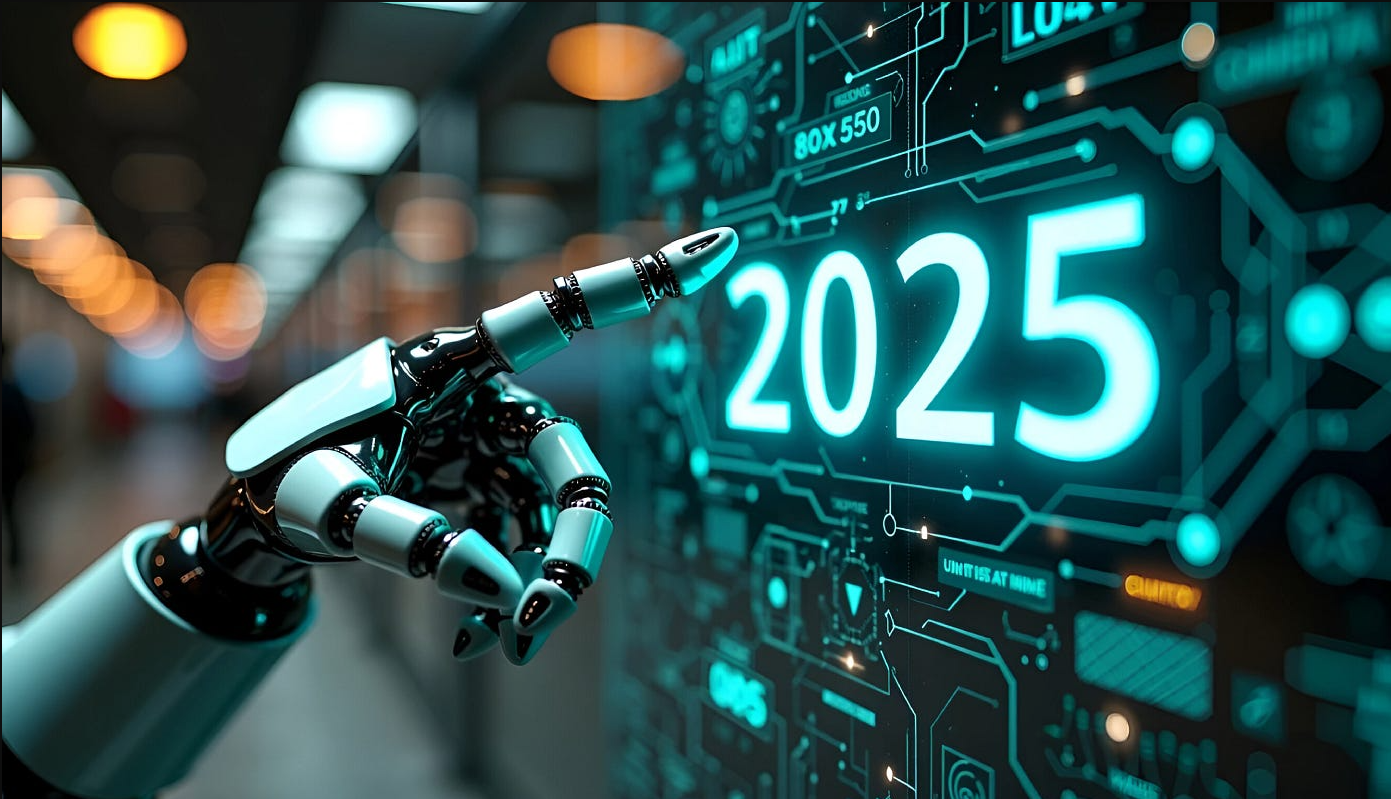How Artificial Intelligence Is Revolutionizing Everyday Life in 2025
How Artificial Intelligence Is Revolutionizing Everyday Life in 2025
Artificial Intelligence (AI) has moved beyond science fiction and tech labs—it is now a real and integral part of everyday life. In 2025, AI is not just influencing industries like finance, healthcare, and transportation; it is also reshaping how we live, work, learn, and communicate on a daily basis. With smart assistants, personalized recommendations, and intelligent automation, AI is making life more efficient, connected, and intelligent.
In this article, we’ll explore how artificial intelligence is revolutionizing daily life in 2025, transforming everything from morning routines to medical care.
1. Smart Homes and Daily Routines
AI-powered smart homes are becoming the new normal. Voice assistants like Amazon Alexa, Google Assistant, and Apple’s Siri have evolved far beyond setting alarms or playing music. In 2025, they act more like personal digital butlers, anticipating needs, automating tasks, and managing your schedule.
Key Features of AI in Smart Homes:
- Automated climate control based on user preferences and weather forecasts
- Voice-activated routines like turning off lights, locking doors, and brewing coffee
- Predictive maintenance alerts for appliances
- Personalized reminders based on daily habits and health needs
2. AI in Healthcare: Personalized and Preventive Care
AI has significantly changed healthcare by making it more personalized, proactive, and accessible. In 2025, AI helps individuals monitor their health, detect early signs of illness, and even suggest treatments.
Revolutionary Applications:
- Wearable AI health monitors track vitals and detect anomalies in real time
- Virtual health assistants offer medical advice and appointment scheduling
- AI diagnostics tools assist doctors in identifying diseases with higher accuracy
- Mental health chatbots provide emotional support and counseling resources
For example, someone with a heart condition may wear a smart device that alerts them and their doctor if abnormal heart rhythms are detected.
3. AI in Education: Smarter Learning Experiences
The traditional classroom has undergone a digital transformation. In 2025, AI-powered learning platforms are tailoring education to individual student needs, making learning more efficient and engaging.
How AI Is Shaping Education:
- Personalized learning paths based on performance and learning style
- Automated grading systems that save time and reduce bias
- AI tutors that provide on-demand help in subjects like math and science
- Language translation tools for global learners
AI also enables inclusive education, supporting students with learning disabilities through custom interfaces and voice-controlled tools.
4. Transportation and Autonomous Vehicles
One of the most visible examples of AI in daily life is the rise of autonomous vehicles and smart transport systems. In 2025, many urban centers rely on AI for safer, more efficient mobility.
Examples of AI in Transportation:
- Self-driving cars that learn traffic patterns and avoid collisions
- AI-powered traffic signals that reduce congestion and emissions
- Smart public transport systems with real-time tracking and crowd control
- AI route optimization for delivery and logistics
These advancements not only make travel more convenient but also help reduce accidents and improve fuel efficiency.
5. AI in Communication and Social Media
AI is the engine behind many of the tools we use to communicate and share online. In 2025, AI enhances how we interact, filter content, and even express ourselves.
How AI Enhances Communication:
- Real-time language translation for multilingual conversations
- AI-powered content recommendations on social media platforms
- Voice-to-text and summarization tools for accessibility
- AI chatbots that offer 24/7 customer support and social interaction
With AI, communication has become faster, more personalized, and globally inclusive.
6. E-Commerce and Personalized Shopping
AI is revolutionizing the way we shop in 2025. Whether online or in-store, AI algorithms track preferences, habits, and behavior to deliver a more personalized shopping experience.
AI Shopping Tools Include:
- Product recommendations tailored to past purchases and search history
- AI chatbots for customer service and support
- Visual search tools that find items based on uploaded photos
- Automated checkout systems with facial or voice recognition
Retailers now use AI to forecast trends, manage inventory, and enhance customer satisfaction, making shopping more efficient than ever.
7. AI in Work and Productivity
In the workplace, AI is not replacing people—it’s augmenting productivity. From automating repetitive tasks to generating reports and insights, AI tools help workers focus on higher-value tasks.
How AI Improves Work Life:
- Automated scheduling and calendar management
- AI-powered project management tools for task tracking
- Speech recognition for note-taking and transcription
- Data analytics tools for actionable insights
AI-driven tools like Grammarly, Notion AI, and ChatGPT have become essential digital assistants for professionals.
8. Security and Personal Safety
AI plays a critical role in enhancing security and safety in daily life. From home surveillance to fraud detection, AI helps prevent risks before they become threats.
Examples:
- Facial recognition for secure access to devices and buildings
- AI surveillance cameras that detect suspicious activity
- Cybersecurity systems that identify and block attacks in real time
- Fraud detection algorithms in banking and e-commerce
This use of AI ensures safer digital and physical environments.
9. Entertainment and Media
AI is reshaping entertainment, offering hyper-personalized content and even creating music, art, and videos. In 2025, content creation and consumption are largely driven by intelligent algorithms.
What’s New in Entertainment:
- AI-generated music and visuals
- Recommendation engines for video streaming platforms
- Interactive storytelling and virtual characters
- Deepfake and voice-cloning tools for media production
While this raises ethical concerns, it also opens up new creative possibilities.
Final Thoughts: A Smarter, AI-Enhanced World
As we navigate through 2025, one thing is clear: AI is no longer optional—it is essential. From streamlining morning routines to improving healthcare and work efficiency, AI is embedded into nearly every aspect of modern life.
The key to making the most of AI’s potential lies in understanding its capabilities, using it responsibly, and ensuring ethical deployment. As AI continues to evolve, its impact on everyday life will only grow stronger, creating a world that is smarter, safer, and more connected.



